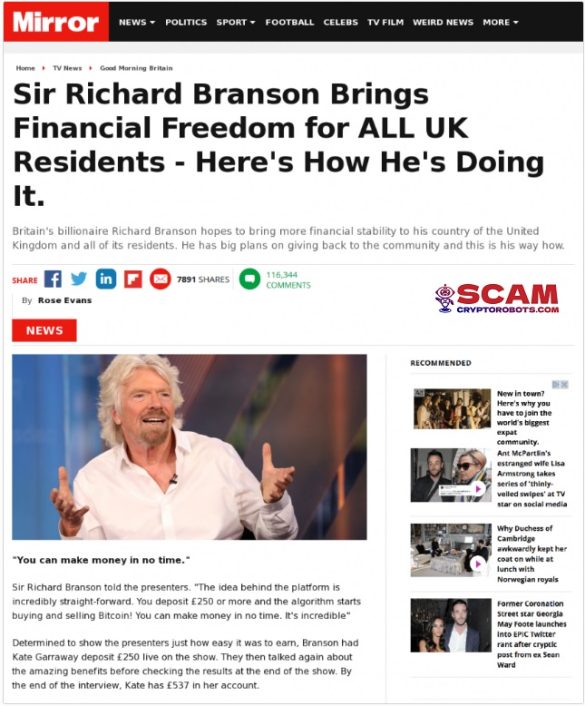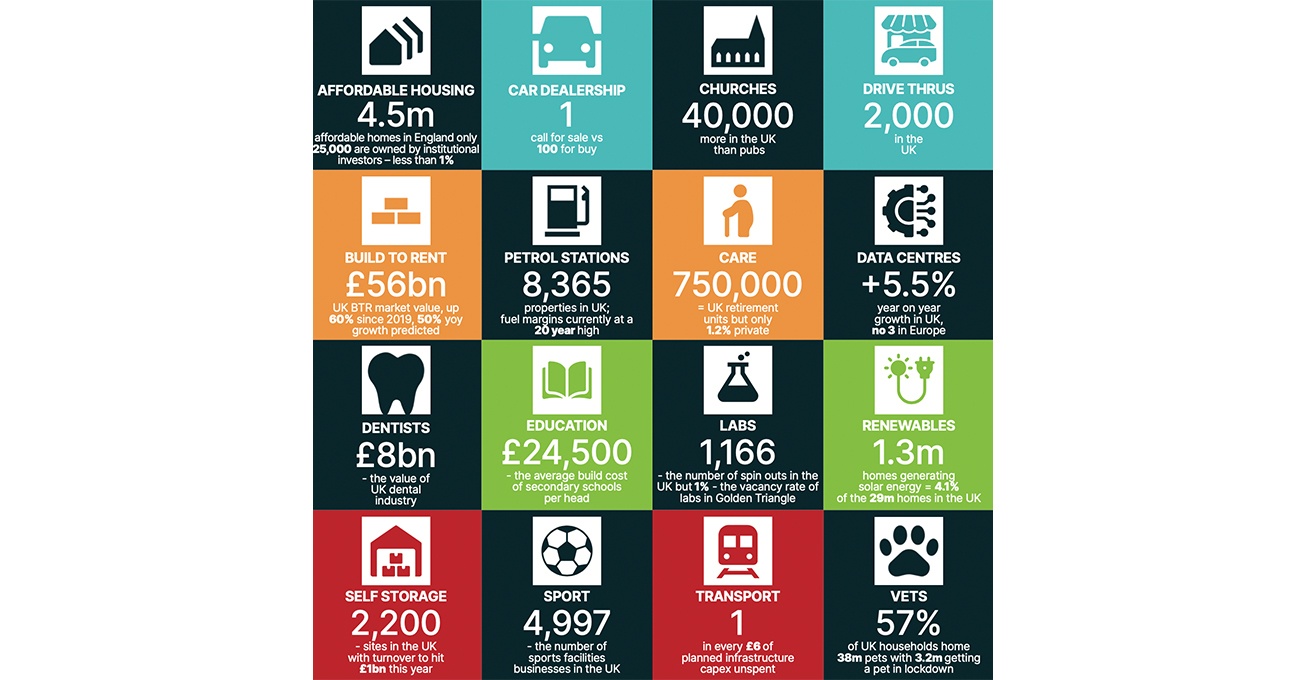In recent times, there has been an overwhelming surge in the popularity of cryptocurrencies, which has been accompanied by a corresponding increase in the number of get-rich-quick schemes that offer huge returns with little to no effort. Regrettably, this has resulted in a multitude of individuals in the UK falling prey to fraudulent activities and losing their hard-earned money.
Cryptocurrencies, including the likes of Bitcoin and Ethereum, are digital or virtual currencies that are secured by cryptography, thereby making them extremely difficult to counterfeit or double-spend. Their decentralized nature, lack of regulation, and anonymity make them highly attractive to a vast number of investors. However, these very same features also make them a prime target for cunning fraudsters.
The rise of get-rich-quick schemes in the UK has been fueled by the growing interest in cryptocurrencies. These schemes frequently lure investors with the promise of astronomical returns on their investment in a remarkably short period, with minimal or negligible risk. Such schemes may claim to possess insider knowledge or a distinct trading strategy that can outsmart the market. Nevertheless, these grandiose claims are usually too good to be true.
One common type of crypto scam is the Ponzi scheme, where investors are promised high returns, but the money is actually paid out using the funds of new investors. Eventually, the scheme collapses, leaving many investors with significant losses.
Celebrity-based endorsement scams are another type of crypto scam that has become increasingly common in the UK and other countries in recent years. In these schemes, fraudsters use the names and images of well-known celebrities to promote fraudulent investment opportunities in cryptocurrencies. Such is the case with the “Immediate Edge” scam which seems to be trending these days.
These scams typically involve fake celebrity social media accounts or ads that use the names and images of celebrities without their permission. The ads may claim that the celebrity has made a fortune by investing in a particular cryptocurrency, and that others can do the same by following their example.
The celebrity endorsement scams are designed to give the impression that the investment opportunity is legitimate and endorsed by a trusted public figure. However, in most cases, the celebrities have no knowledge or involvement in the investment opportunity, and the ads are a complete fabrication.
These scams can be very convincing, and many people have been lured into investing large sums of money based on false promises of high returns. Once the money is sent to the fraudsters, it is often impossible to recover, leaving victims with significant financial losses.
Trading Bots: These bots claim to leverage artificial intelligence to automatically generate profits through trading cryptocurrencies. However, they often produce losses instead of profits.
Another common type of scam is the “pump and dump” scheme, where a group of investors artificially inflates the price of a particular cryptocurrency through coordinated buying, then sells their holdings for a profit, leaving other investors with losses.
In addition to these well-known schemes, there are many other types of scams in the crypto space. For example, fraudsters may create fake ICOs (Initial Coin Offerings) to steal money from unsuspecting investors. They may also create fake exchanges or wallets to trick people into sending their funds to a fraudulent address.
The rise of crypto get-rich-quick schemes in the UK has not gone unnoticed by regulators. The Financial Conduct Authority (FCA) has issued warnings about the risks associated with investing in the popularity of cryptocurrencies has not gone unnoticed by regulatory bodies in the UK, with many companies operating fraudulent schemes being taken to task by the Financial Conduct Authority (FCA).
The FCA has taken action against several of these firms and has even gone so far as to publish a list of unauthorized cryptocurrency-related investment products. This list is regularly updated and features a multitude of firms that have been identified as running scams or fraudulent schemes.
Furthermore, the UK government has also taken a keen interest in regulating the crypto industry. In 2020, the government announced its intentions to expand anti-money laundering and counter-terrorism financing regulations to encompass crypto assets. This move is aimed at promoting accountability and transparency within the industry, safeguarding the interests of investors, and curbing the proliferation of fraudulent activities.
Investors in the UK who are considering investing in cryptocurrencies should exercise caution and do their research before making any investment decisions. They should be wary of any investment opportunity that promises high returns with little or no risk, as these are often indicators of a scam.
In conclusion, the rise of crypto get-rich-quick schemes in the UK is a cause for concern. It is important for investors to be aware of the risks associated with investing in cryptocurrencies and to take steps to protect themselves from fraudsters. By exercising caution and doing their research, investors can help to ensure that they do not fall victim to these scams.







